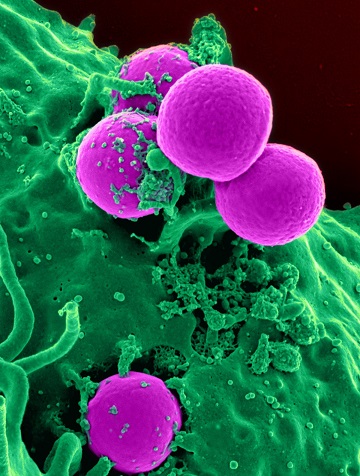Thermodynamics
without entropy


Everything we see and experience involves a multitude of particles in various configurations.






This criterion encompasses all fields of applied physical science. All activity in the universe abides by thermodynamic principles.

Roughly speaking, the fields of chemistry, biology and solid-state physics are respectively the thermodynamics of small molecules, large molecules and ordered materials. Engineering fields must account for thermal material properties. And less obvious, groups of living organisms also follows these principles in economic and social trends.


There is a gap in our understanding between the basic physics of two interacting bodies and the behavior of groups of many particles. A complete theory must describe why and how complex systems evolve over practical time spans.




Standard theory presents a problem. It has been called a "thermostatic" theory because particle dynamics are represented by empirical transport laws and axioms about equilibrium involving entropy, a vaguely understood property. The only way around this prescription is to build an alternative theory effectively extending quantum mechanics to macroscopic scale. The result contradicts standard theory (the Second Law broken!). "You can't see the forest for the trees" may be true in many cases, and the pioneers Rudolf Clausius and Josiah Gibbs took this approach by neglecting particle dynamics. For thermodynamics, though, it is more apt to say that you cannot see the forest unless you count the leaves.
